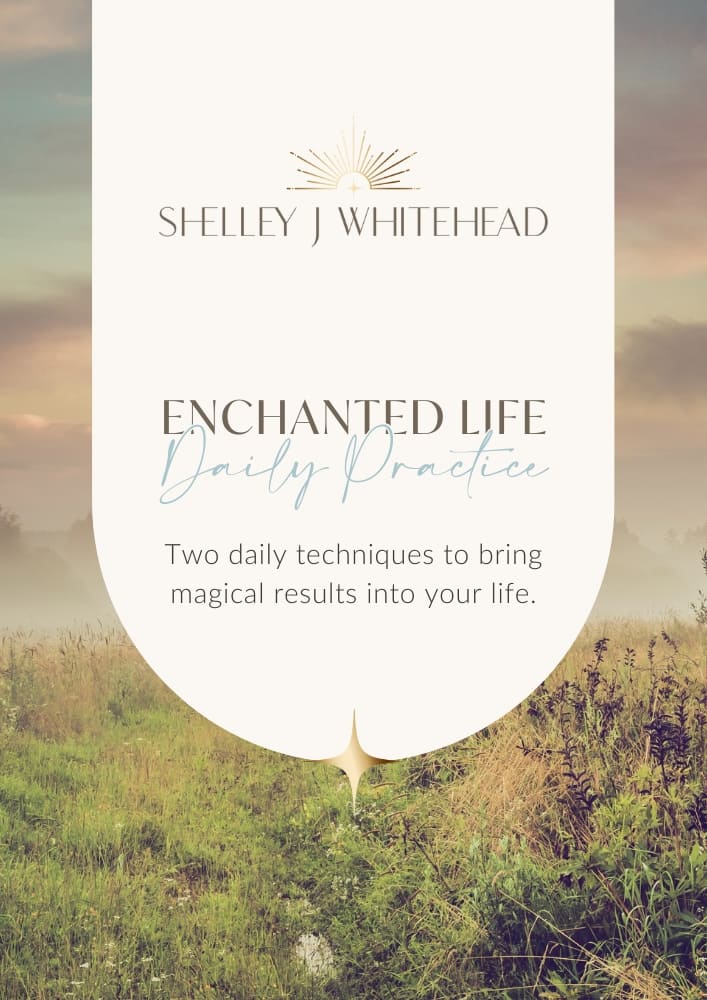When you talk to people you love, presumably your voice is a non-critical, non-judgemental and supportive one.
Are you able to extend that same kind of friendship to yourself? Or do you find that your inner voice is a harsh, negative or critical one? Or do you not even know what your inner voice sounds like?
The relationship that we have with ourselves sets the tone and standards for our relationships with others. So, make sure you pay attention to the way you treat yourself and don’t underestimate the power of the ‘tone’ that you use with yourself – it’s an incredibly important thing to be aware of.
Here are three tips for knowing if you are a good friend to yourself.
The first one is: Do you have a kind inner voice?
A kind inner voice promotes self-love, compassion, and confidence. It allows you to navigate challenges without harsh self-criticism.
By treating yourself kindly, you’re more likely to embrace failures as opportunities for growth. This positive self-dialogue fosters a resilient mindset, encouraging mental wellbeing and personal growth.
Cultivate kindness towards yourself as it echoes in your interactions with the world.
When your own skin is a comfortable place to live and you can quell negative chatter and counterproductive voices in your head to live in a place of non-judgement of your weaknesses or comparisons with others, and without hiding your incredible power, you will lay the foundations for thriving.
Self-awareness and self-enquiry tools can help you become increasingly skilled at discerning the tone and content of your own self-talk.
I often recommend using mindfulness techniques or meditation, to help you to tune in to your own inner dialogue and understand where any unhelpful patterns may have come from.
The second one is: Are you connected to your thoughts, feelings and needs?
Love and friendship start with connection.
When it comes to self-love, connection is a combination of understanding, listening closely to your inner callings, living in alignment with your emotions, staying attuned to your needs and then responding to your needs. All those ingredients are the foundation for good friendship and for good relationships, both with yourself and with others.
Connecting with your thoughts, feelings, and needs is essential for self-awareness and emotional intelligence. It promotes self-understanding, which aids decision-making and stress management and helps you to identify your boundaries and foster self-compassion.
All of these enable you to nurture a healthier relationship with yourself and others and are a vital aspect of mental health and overall wellbeing.
The third thing to always consider is: Do you prioritise all types of self-care?
It’s important to maintain good self-care, ensuring that your physical, mental, and emotional needs are met. Self-care includes having assertive boundaries so you don’t allow external demands to exhaust you. Instead, you set healthy boundaries and know when to say ‘no.’
Being a good friend to yourself involves practising self-compassion, mindfulness, and regular self-care. It means setting healthy boundaries and celebrating your accomplishments. By nurturing a kind inner voice and accepting your flaws, you foster self-love and resilience, creating a strong foundation for emotional wellbeing, personal growth, and healthy relationships with others.
I love sharing my tools, tips and guidance with you. On my YouTube channel and here on my blog you’ll also find lots of tools and tips for learning better skills for understanding your own inner dialogue and for improving the way that you connect with yourself and with others.



